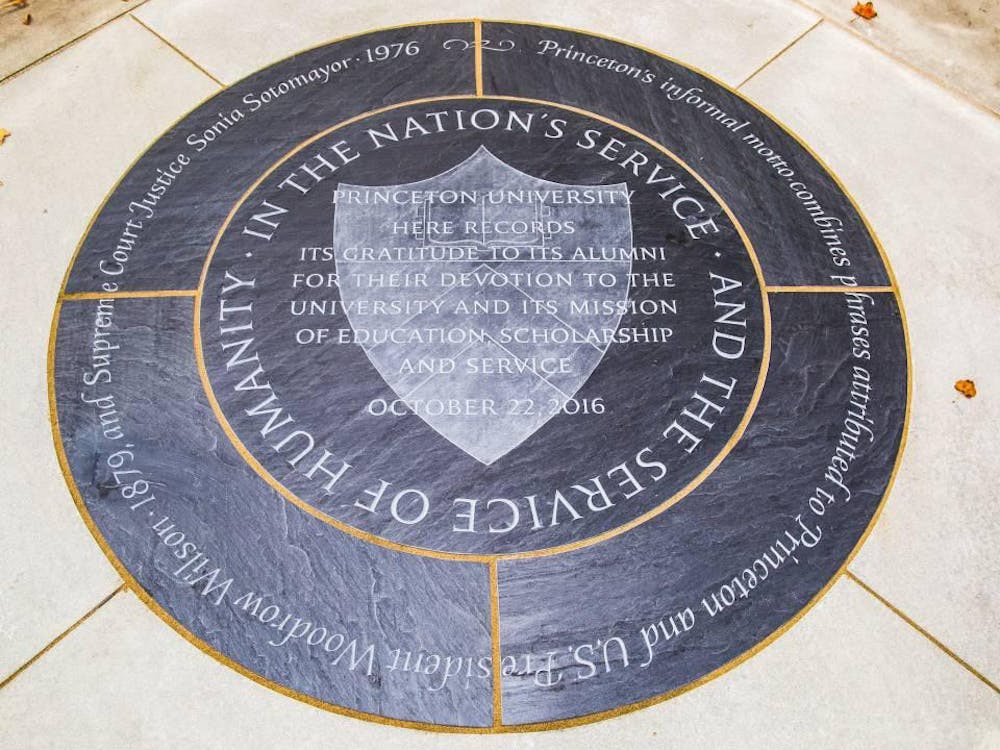As the 131st Managing Board of The Daily Princetonian exits the stage, we would like to highlight the major issues it has covered over the past year. Beginning early last semester, we have called on the University to clarify and enhance its internationalization efforts, and to ensure that investing in overseas partnerships does not detract from teaching and research here at Princeton. As part of this challenge, we advocated that the University eliminate the remaining financial disincentives to studying abroad, and shortly thereafter, the administration decided to reimburse financial aid students studying in countries with highly unfavorable rates of exchange. We also strongly urged Nassau Hall to initiate reforms to the academic calendar, progress on which has now, quite sadly, ceased. Our concern for the rising cost of birth control was happily allayed by the actions of the USG and the administration to keep its cost low. We do, however, remain concerned about the state of planning for the future of Campus Club, a process on which we aired our views near the end of the spring semester.
The fall semester began with our concern over proposed renovations to Firestone Library, whose fate presently lies with a University committee. It can only be hoped that this Princeton gem will escape with its bookish character intact. The fate of expansions to Dillon Gym and associated improvements to the infrastructure for health and wellbeing on campus remain in similar limbo. Nonetheless, as the size of the student body continues to increase, this issue will grow ever more pressing. As the semester progressed, we took up the issue of changes to the University's alcohol policy, arguing for more student input in amendments that we saw as largely counterproductive. Many of these concerns have been seconded by the USG in its response to the administration. As the semester drew to a close, Harvard announced landmark changes to its financial aid policy, followed shortly thereafter by Yale. We argued strongly that Princeton must make equivalent changes, in order to remain able to attract the best students, and to continue to make education affordable for low and middle-income families. As the new spring semester begins, we eagerly await Nassau Hall's response.







